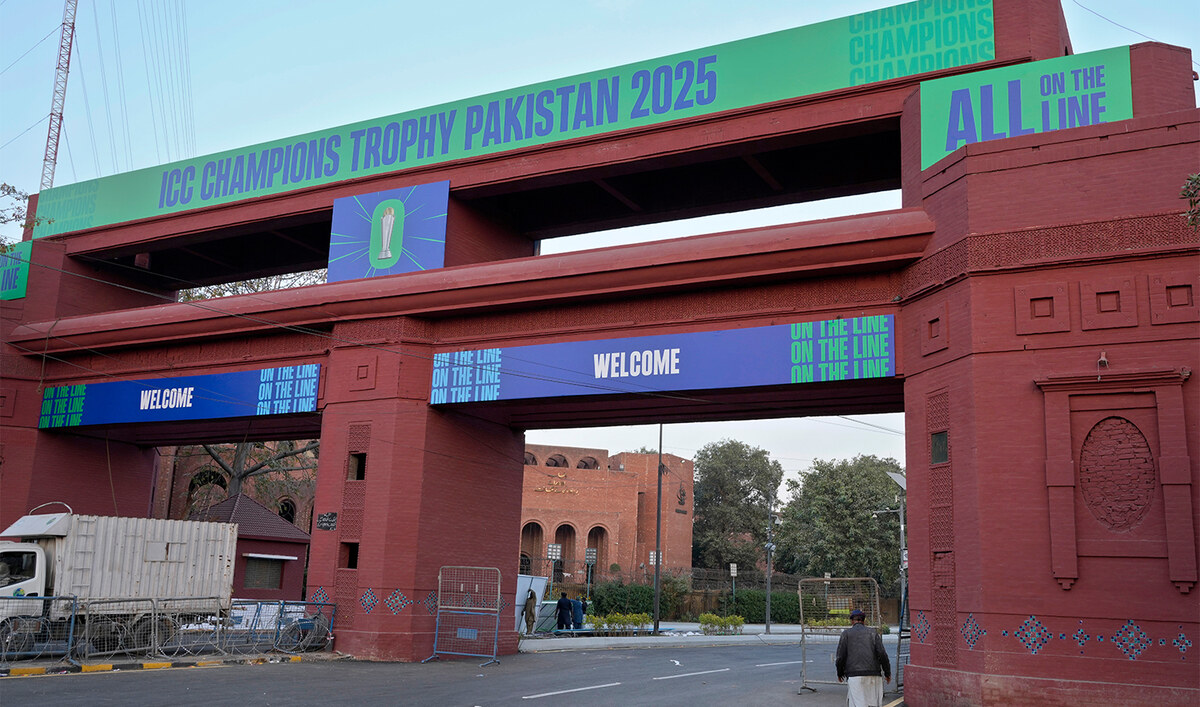LAHORE/ISLAMABAD: Prime Minister Imran Khan arrived in Karachi on Monday, where he is expected to hold a meeting with Sindh Chief Minister, Syed Murad Ali Shah, and a delegation of prominent businessmen later in the day, a statement released by the PM office said on Sunday.
However, dismissing reports of a scheduled meeting with the prime minister, representatives from the Muttahida Qaumi Movement-Pakistan (MQM-P) said they had not yet to receive a confirmation for the same.
Earlier, the MQM-P had asked the PM to visit the party’s head office at Bahaudarabad during his Karachi visit.
PM Khan, however, will visit the Kingri House to meet Pir Sibghatullah Rashidi, chief of the Grand Democratic Alliance (GDA), and a coalition partner of the ruling Pakistan Tehreek-e-Insaaf (PTI) party from the Sindh province.
On Sunday, PM Khan vowed to extend his full support to Punjab Chief Minister Sardar Usman Buzdar and quashed all rumors of him being replaced.
Khan was addressing a ministerial-level meeting in Lahore on Sunday amid reports of growing differences within the party.
“I want to clarify that we will never succumb to the pressure. We have always faced the challenges and will continue doing so,” PM Khan said, adding that “an integrated strategy is being developed for better governance.”
“We brought the best team in Punjab and an integrated strategy is being developed for harmonization and better governance among the administration and elected public representatives so that the problems of the public can be resolved on a priority basis,” he said.
Accusing a “mafia” for creating a negative image of the government, he said that such elements were “intentionally trying to create a chaotic situation just to undermine the positive changes being brought about by the government.”
Earlier, a group of 20 dissident lawmakers from the ruling Pakistan Tehreek-e-Insaaf (PTI) party in Punjab — Pakistan’s biggest province — had demanded that Buzdar improve his governance of the province and ensure a fair distribution of development funds among the districts.
“The prime minister said that Buzdar enjoyed his full support and any change in the Punjab set-up would create trouble for the party,” Raja Riaz, a senior leader of the PTI and member of the National Assembly told Arab News.
“He said that Buzdar would continue as Punjab Chief Minister and that the party has no plans of changing him,” Riaz said.
The prime minister extended his support for Buzdar on the same day as three senior ministers of PTI’s provincial government in northwestern Khyber Pakhtunkhwa (KP) province were expelled, reportedly to quell party differences.
In media reports, the ministers have been accused of creating a forward bloc against KP Chief Minister Mahmood Khan.
The sacked ministers include Muhammad Atif Khan, who looked after sports, culture and tourism; Shahram Khan Tarakai, who was responsible for the provincial health sector; and Shakeel Ahmed, who held the portfolio for revenue and estate.
According to prominent political analysts in Pakistan, the political moves signal that leaders of the ruling party are losing control of their lawmakers due to bad governance and a failure to improve the economy to benefit the common man.
“The cracks in the ruling party show a total failure of governance,” Adnan Rehmat, a political analyst, told Arab News. “PTI leaders, including the prime minister, have been living in a bubble while the people have been suffering for their inaction.”
Rehmat said that differences in ruling parties start emerging when they fail to deliver and meet public expectations.
“The provincial ministers who are fired were apparently lobbying to gain more privileges and authority, but the leadership seems to have taken it as a violation of party discipline,” he said.
The party’s coalition partners have also been voicing concerns over governance and performance. A key cabinet members of the government from Muttahida Qaumi Movement-Pakistan (MQM-P) resigned from his position earlier this month, saying the government had not fulfilled their demands.
“The coalition governments have been inherently weak in nature as the partners always try to extract maximum concessions and benefits from the ruling party,” Zaigham Khan, a political analyst, told Arab News.
“Now with each passing day, public pressure and demands of its coalition partners will increase, and this government will become more unstable,” he said.
“Main challenge for this government is to keep its coalition partners intact in both the center and Punjab; otherwise the equation may change in the coming months,” he added.
“Imran Khan has fully supported Usman Buzdar as chief minister of the Punjab, but will it bridge the gulf among the party fellows?” senior journalist Salim Bokhari told Arab News. “That is the big question.”

















